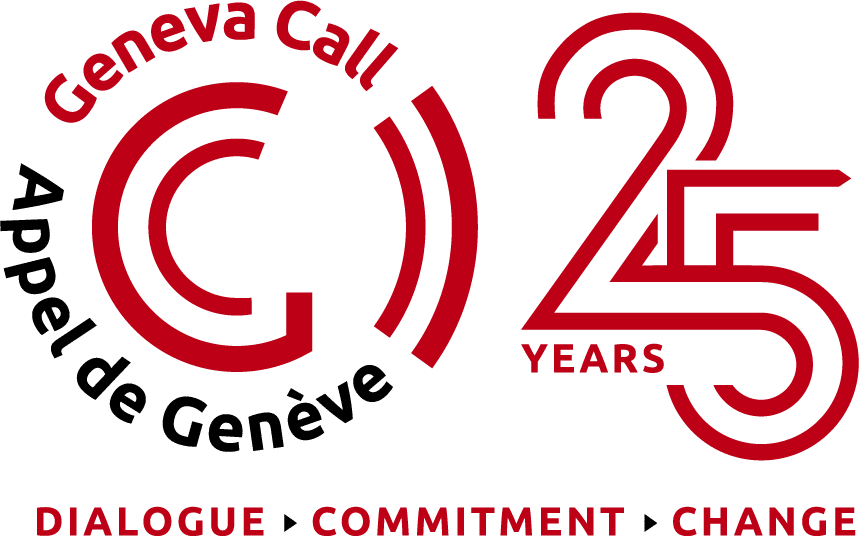The Philippines: first meetings with communities affected by armed hostilities in Marawi
14 January 2018
Geneva Call staff recently travelled to the island of Mindanao in the Philippines to assess the situation and evaluate the possibilities of working towards increased protection for civilians. The organization’s representatives met with people who had suffered from the recent armed operations in Marawi, the largest Muslim city in a predominantly Catholic nation.
In 2017, hostilities opposed armed groups with government security forces on the island of Mindanao. Islamic fighters laid siege to the city, prompting months of heavy urban fighting and forcing hundreds of thousands of people to flee. More than 1,000 fatalities were reported, and the city was damaged considerably. It now needs to be cleared of the explosive remnants of war.
Civilians in a camp for internally displaced persons in Baloi expressed their concerns about the scale of the destruction to their city, which was shelled heavily for five months. Much public infrastructure, such as healthcare facilities and schools, has been destroyed leading to restricted access to basic services for most of the population.
Even though local and international demining actors, such as the Swiss Foundation for Mine Action, are now present in the city and carry out awareness-raising activities, the population fears injury from stepping on or manipulating the explosive remnants of war.
Families also expressed their fears of seeing their children recruited by armed groups. “The radicals mislead our kids and offer money. We are afraid that they quit school and leave their family to join them”, said Leticia, a displaced mother in a camp in Baloi. Despite losing a great many fighters, the radicals still seem to have the capacity to recruit, train and indoctrinate students from universities who feel critical towards the government.
The difficulties in enforcing the peace treaty signed with the Moro Islamic Liberation Front, together with poverty and doubts about the future of the Philippines, have pushed hundreds of young people to join armed groups. Geneva Call will seek to help prevent the recruitment of youths in the universities and schools on Mindanao.
Building on its long experience of engaging armed actors and working with affected communities in the country, Geneva Call is now developing an innovative media campaign to encourage fighters not to harm civilians unnecessarily. Mass-media messages will be tailored to the context and promoted widely via social media.
With support from the authorities, Geneva Call will also train civil society organizations, including religious organizations, on how to promote and advocate for greater respect for relevant humanitarian standards such as the prohibition on manufacturing and using anti-personnel mines or the recruitment of children by armed actors.

